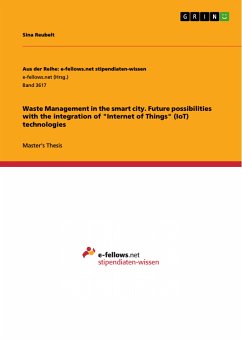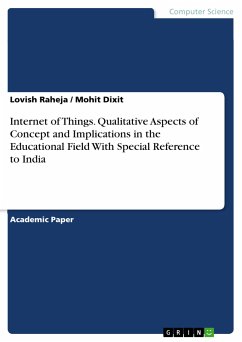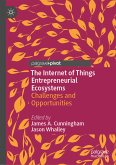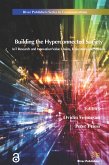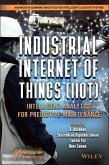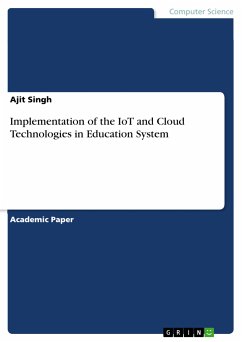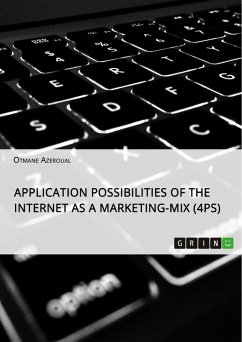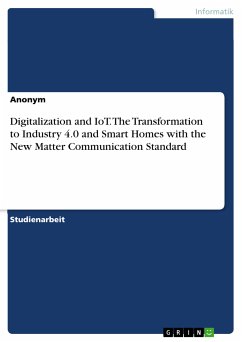Master's Thesis from the year 2017 in the subject Computer Sciences - Internet of Things, IOT, grade: 1,2, University of Liechtenstein, früher Hochschule Liechtenstein, language: English, abstract: This thesis aims to expand scientific knowledge about Waste Management (WM) and its future possibilities with the integration of Internet of Things (IoT) technologies. It reports on the results of a Design Science Research (DSR) study that develops a Smart Waste Management (SWM) Ecosystem. It presents implications of the application of Internet of Things (IoT) technologies on Waste Management (WM) as well as the entire smart city. Therefore, appropriate IoT technologies are evaluated and integrated into the WM value chain which coincide with the requirements and challenges for the WM sector. It is shown that the transformation into a Smart Waste Management (SWM) value chain enables improved and more efficient operations that can handle increasing amounts of waste in the future. In addition, the final revised SWM Ecosystem artifact depicts the necessity for a holistic view to transformations in the smart city environment, as synergy effects contribute to additional value, sustainability, and increased knowledge. The thesis shows that interdependencies between social and technical system in WM impede on its transformation, and technological possibilities alone are not sufficient enough to drive the change. Thus, the thesis suggests that a common vision towards sustainability is needed among all components in the socio-technical system, that must be initiated and governed from a higher (political) instance.
Dieser Download kann aus rechtlichen Gründen nur mit Rechnungsadresse in A, B, BG, CY, CZ, D, DK, EW, E, FIN, F, GR, HR, H, IRL, I, LT, L, LR, M, NL, PL, P, R, S, SLO, SK ausgeliefert werden.

